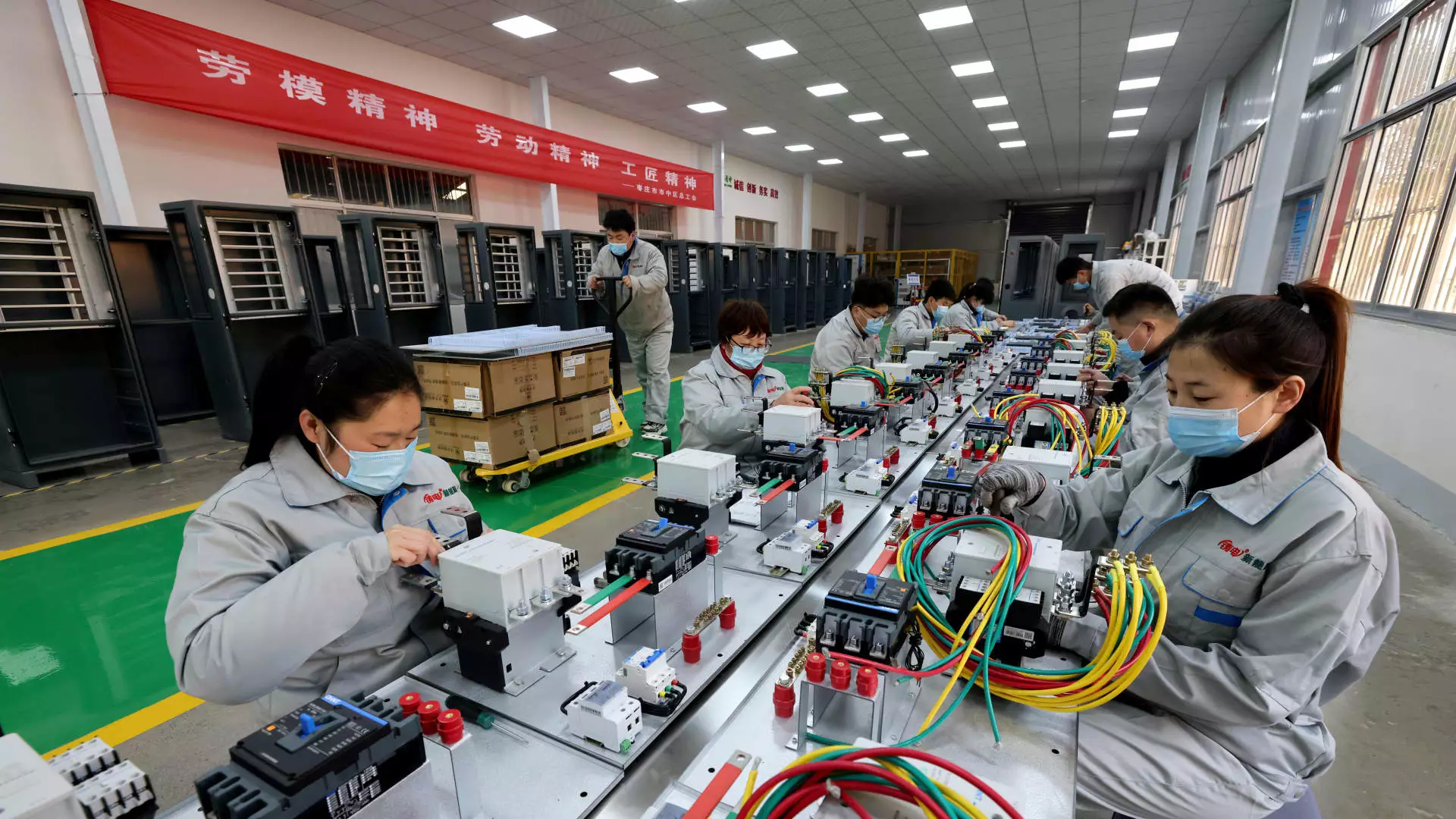In recent conversations surrounding global investment strategies, a significant warning has surfaced regarding the sustainability of China’s capitalism model. Perth Tolle, founder of Life + Liberty Indexes, has made headlines by asserting that the prevailing view of China advancing toward democracy through capitalism might be misplaced. Tolle’s perspective stems from her belief that while economic freedom is crucial, it is not enough on its own to ensure personal and political freedoms within a society. This notion resonates with a growing cohort of investors seeking safer pastures in economically free environments.
The conundrum faced by many investors is not merely an economic one; it encapsulates broader concerns about ethical capital allocation. Tolle’s cautious approach is underscored by the stark reality that China’s authoritarian governance often stifles the very freedoms necessary for true economic growth. Interestingly, her Freedom 100 Emerging Markets ETF has performed impressively, gaining over 43% since launching in May 2019, while the Chinese large-cap sector, represented by the iShares China Large-Cap ETF, only shows a modest increase of 19% during the same period.
Personal Experiences Shaping Investment Philosophy
Tolle’s insights are deeply rooted in her personal experiences and historical witness during her formative years in Beijing. This background informs her investment philosophies, marking a profoundly personal yet astute analysis of the geopolitical landscape. As a former private wealth advisor at Fidelity Investments, Tolle observed a trend among her clients who were overwhelmingly eager to invest in China, a reflection of the perceived potential of the market. Yet, this enthusiasm was juxtaposed by similar sentiments from clients who scrupulously avoided investments in Russia due to ethical concerns—a prescient comparison, considering today’s geopolitical dynamics.
The juxtaposition of these experiences has propelled Tolle towards advocating for emerging markets that prioritize individual freedoms. She argues compellingly that without these pillars of freedom, economic growth will inevitably be stunted, creating an unsustainable model that could bring about long-term instability. Such caution is echoed by other financial experts, including ETF investor Tom Lydon, who affirms that avoiding China has led to lower volatility and superior performance in the broader context of emerging markets.
Future Implications for Investor Strategies
This critical reassessment brings to light essential questions for investors contemplating their positions in emerging markets. As the global financial landscape evolves, discerning which markets to engage with is pivotal not just for economic gain, but for aligning investments with ethical considerations. For many, the historical allure of China’s economic might is gradually being overshadowed by its rigid political structure and the inherent risks it poses to personal freedoms.
Despite the potential for short-term gains, a long-term investment strategy that factors in the nuances of freedom and governance may be more sustainable. Investors should actively explore markets that encourage democratic principles alongside economic growth, positioning themselves favorably as global dynamics shift. While China remains a prominent contender in the emerging markets narrative, it is clear that a more critical outlook is necessary for informed decision-making that incorporates both financial and ethical dimensions.

